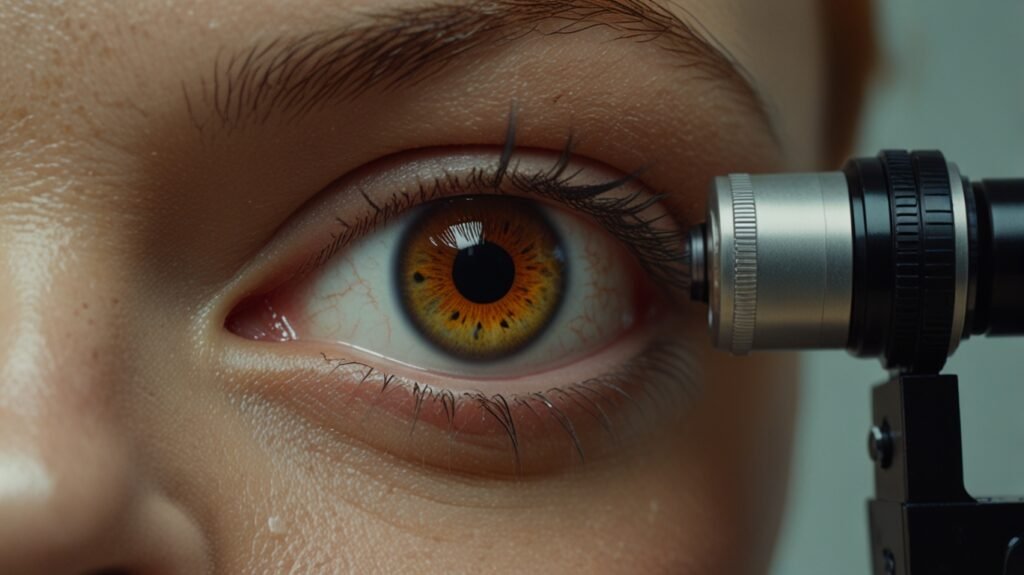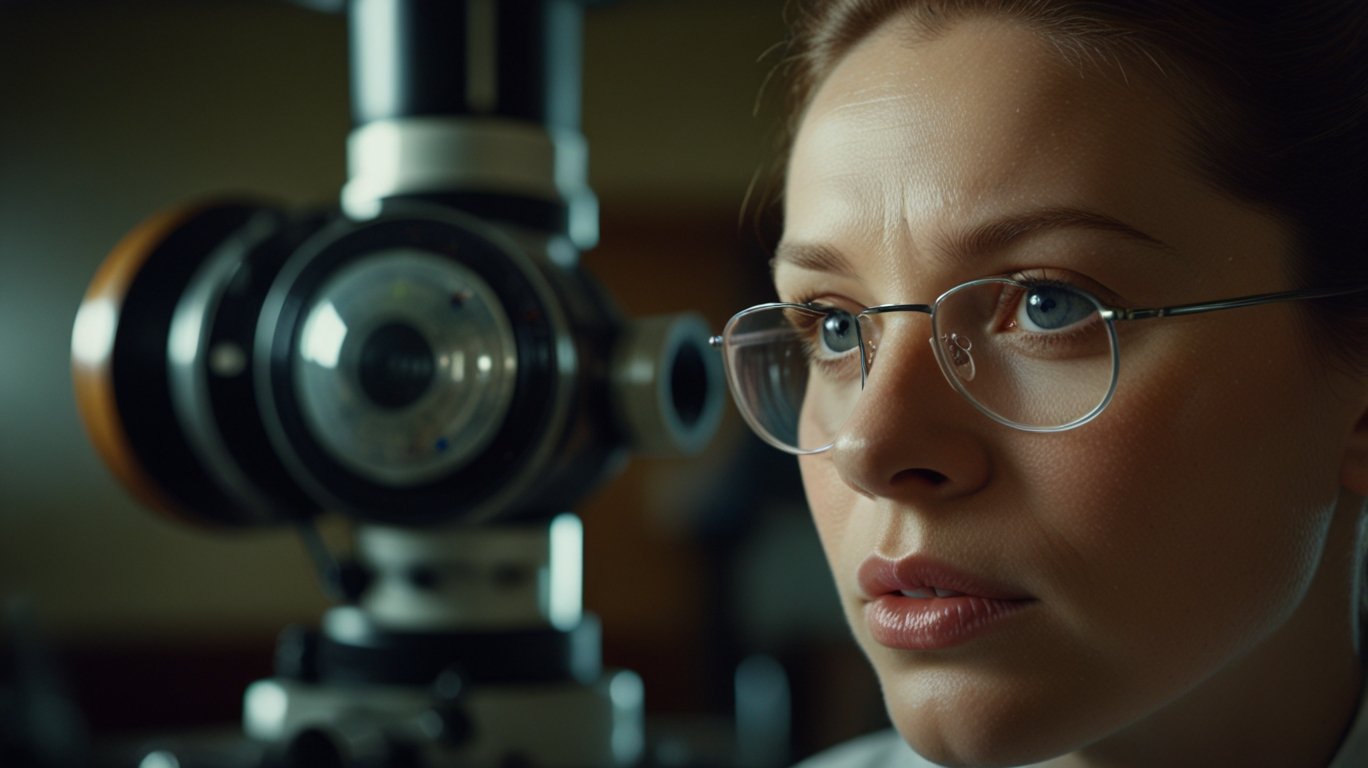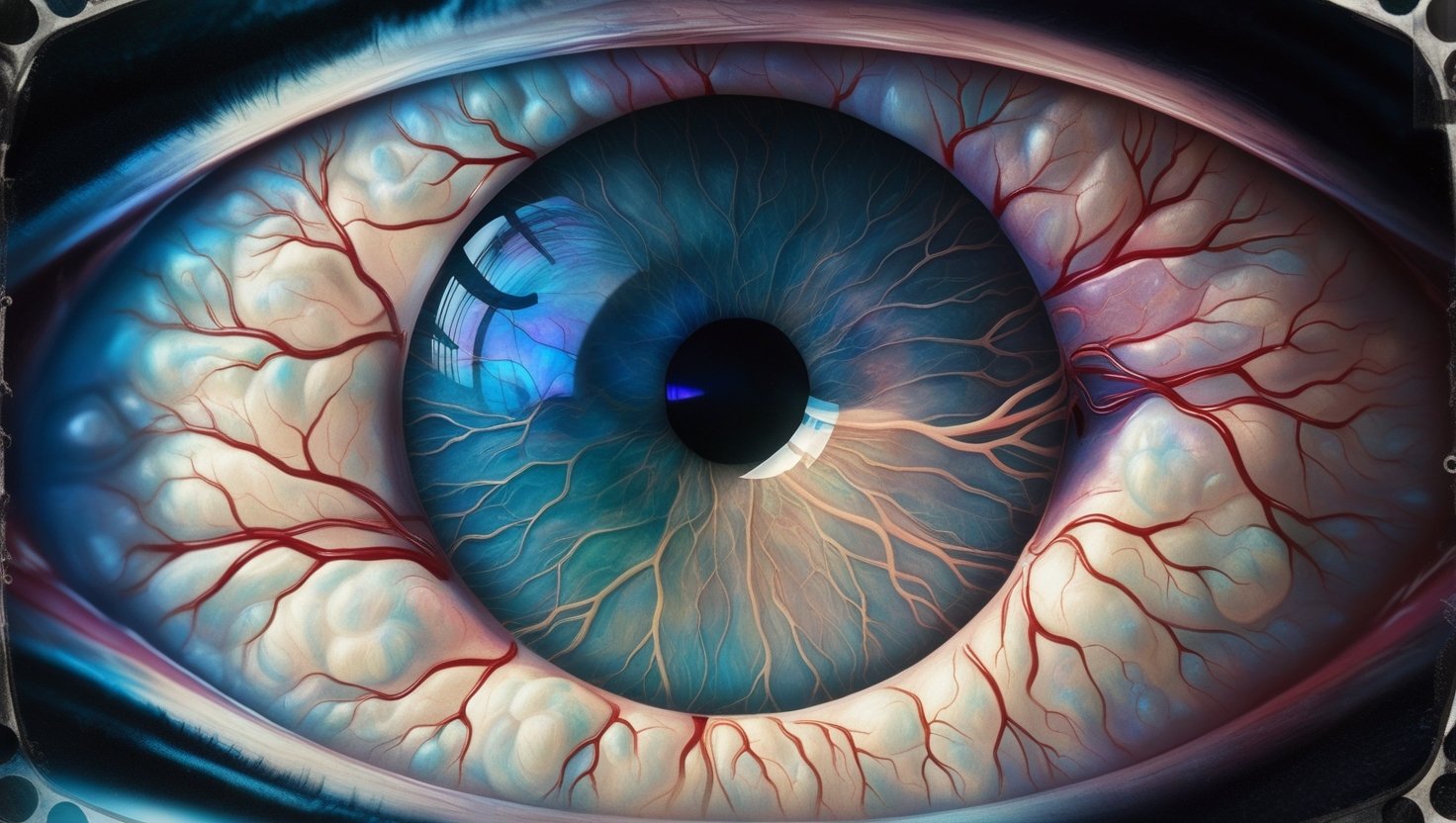A cataract evaluation is an essential process that helps diagnose cataracts and assess whether treatment, such as cataract surgery, is necessary. For anyone wondering how long does a cataract evaluation take, the answer can vary, but generally, a thorough cataract evaluation can take between one to two hours. This comprehensive appointment involves multiple steps and tests designed to assess the extent of the cataract and your overall eye health.
During a cataract evaluation, an ophthalmologist performs several tests to check for cataracts, such as visual acuity exams and eye dilation. The goal is to thoroughly examine the eyes and provide the patient with a clear treatment plan, including the possibility of cataract surgery if needed. Understanding the details of the process and knowing what to expect can make the evaluation less daunting.
How Long Does a Cataract Evaluation Take?
One of the most common questions patients ask is, how long does a cataract evaluation take? The duration typically ranges from one to two hours. This time allows the doctor to perform a comprehensive examination of the eyes, review your medical history, conduct vision tests, and explain the next steps. The evaluation is thorough, ensuring the doctor has a complete understanding of your eye health, whether you need cataract surgery, and how cataracts are affecting your vision.
Steps Involved in a Cataract Evaluation
The cataract evaluation begins with a review of your medical history. The ophthalmologist will ask questions about your past eye conditions, general health issues, and any family history of cataracts. This discussion also covers the specific symptoms you may be experiencing, such as blurry vision, glare, or difficulty seeing at night, which are common signs of cataracts. This part of the consultation can take 10 to 15 minutes and helps the doctor understand how your symptoms align with cataract development.
The next step in the cataract evaluation is a series of cataract vision tests to determine how well you can see at various distances. A visual acuity test is commonly used, where you’ll be asked to read letters on a chart. The doctor may also perform a refraction test to evaluate whether an updated prescription for glasses or contact lenses could improve your vision temporarily. These vision tests take around 15 to 20 minutes and are critical in assessing how cataracts are affecting your eyesight.
Do Eyes Need to Be Dilated to See Cataracts?
Yes, eye dilation is an important part of the cataract eye examination. The doctor will use special drops to dilate your pupils, allowing a clearer view of the inner structures of the eye, including the lens, retina, and optic nerve. This is crucial for diagnosing the severity of the cataract.
Dilation usually takes 20 to 30 minutes for the drops to take effect, during which your vision may become temporarily blurry. Once your pupils are fully dilated, the ophthalmologist will use a slit-lamp microscope to examine the eye’s internal structures in detail. This part of the cataract exam is key to determining the best treatment approach.
What Tests are Done During a Cataract Evaluation?
Aside from dilation and vision tests, the cataract exam may include other diagnostic tools, such as tonometry, which measures intra ocular pressure. High eye pressure can be a sign of glaucoma, a condition that sometimes accompanies cataracts.
Tonometry is a quick, painless test that involves either a puff of air or a gentle touch of a probe to the eye, helping the doctor determine if there are any coexisting eye issues. The cataract evaluation test also includes a slit-lamp examination, where the ophthalmologist carefully inspects the front part of the eye, including the cornea and lens, to check for signs of cataract development. This exam typically takes around 10 to 15 minutes.
In some cases, the ophthalmologist may recommend additional tests during the cataract eval, such as an ultrasound to measure the shape and size of the eye, especially if you are a candidate for cataract surgery.
Another possible test is corneal topography, which maps the surface curvature of the cornea and helps in planning cataract surgery. These diagnostic tests ensure that the doctor has a full picture of your eye health, which is vital for making decisions about treatment.

Cataract Surgery Consultation
If the cataract evaluation shows that surgery is necessary, the next step is a cataract surgery consultation. During this consultation, the doctor will explain the details of the surgery, including the different types of intra ocular lenses (IOLs) that can be used to replace the clouded lens.
The discussion will also cover the pre-surgery and post-surgery care needed to ensure successful recovery. The consultation typically lasts around 20 to 30 minutes and gives the patient a chance to ask any questions about the surgery, recovery process, or expected outcomes.
What to Expect After a Cataract Evaluation?
Once the cataract evaluation is complete, your ophthalmologist will discuss the findings with you. If the cataracts are mild, they may suggest monitoring the condition over time and adjusting your lifestyle to reduce symptoms, such as using stronger glasses or minimizing glare.
If cataracts are more advanced, the doctor will likely recommend cataract surgery. They will explain the procedure, the types of lenses available, and what to expect during recovery. Whether you proceed with surgery or not, the doctor will provide advice on how to manage your symptoms and maintain your eye health moving forward.
Conclusion: How Long Does a Cataract Evaluation Take?
To summarize, a typical cataract evaluation takes about one to two hours. The evaluation includes a thorough review of your medical history, various vision tests, eye dilation, and potentially additional diagnostic tests, all aimed at assessing the presence and severity of cataracts.
If surgery is required, the cataract surgery consultation will help guide you through the next steps. Understanding how long a cataract evaluation takes and what’s involved can help you prepare and feel more confident in managing your eye health. Timely evaluation and treatment are essential to preserving your vision and improving your quality of life.



